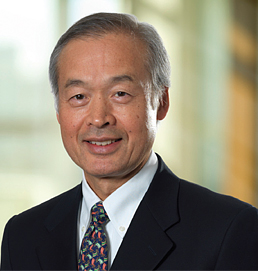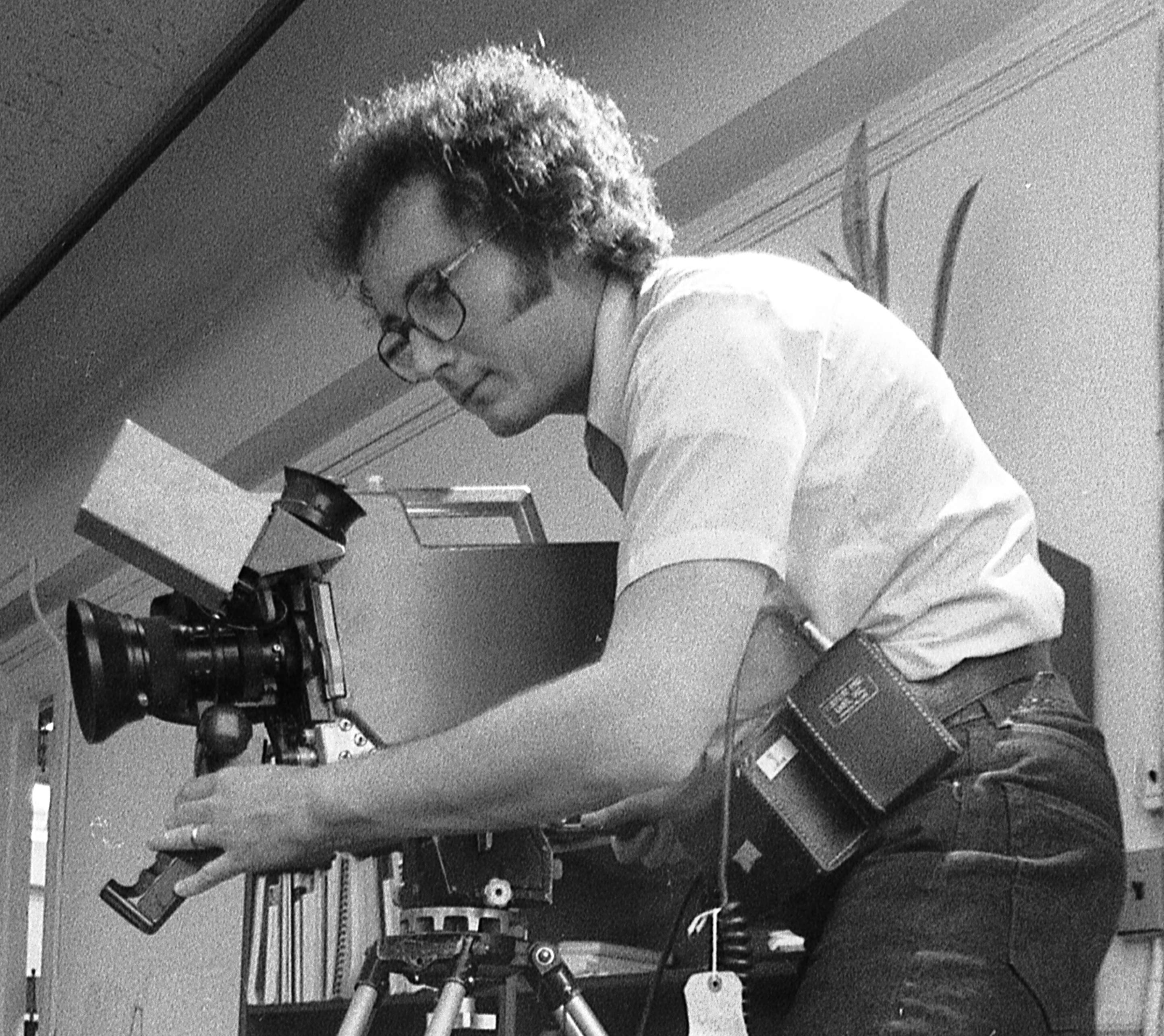If I'd Only Known Then What I Know Now

Wouldn't we all have been better managers from the get-go if we'd known then, when we made that move from worker bee to manager bee, what we know now? Of course, and there are hundreds of books a year written to help make that transition.
Save your $25 or trip to the library, go to the New York Times Web site, and search for the name Tachi Yamada. In a regular Sunday Times feature called Corner Office, the writer interviews top executives, in this case Mr. Yamada, an M.D. and president of the Bill & Melinda Gates Foundation's Global Health Program.
Mr. Yamada started off with his technique for delegating: "I don't micromanage, but I have microinterest. I do know the details. I feel like I have intimate knowledge of what's going on, but I don't tell people what to do."
EMBRACE CHANGE
He also has strong feelings about the super-connectedness we all have, cell phones, portable e-mail and Internet. He relegates certain parts of the day to getting and reading his e-mails, but when he's talking to you, he's not about to be interrupted. We didn't have cell phones or e-mail when I started to manage, but I let myself be interrupted way too much.

Tachi Yamada I know there's a temptation, or at least I've had the temptation, when you change jobs and walk into a new company as manager, to think how you'd change about half or more of the staff, look at what employees aren't bringing to the picnic, rather than what they do have to offer.
It would be a pretty rare situation where you could make wholesale changes anyway. But Mr. Yamada said he directs his energy on their potential: "…if I spend my time focusing on everything that's bad, I'll get nothing done."
He continued: "Everybody has their good points. Everybody has their bad points. If you can bring out the best in everybody, then you can have a great organization. If you bring out the worst in everybody, you're going to have a bad organization."
That said, he made it clear that employees have to be ready to embrace change, and that people who have moved a lot, even when they were growing up, may be the best at adapting to change. "I think, in this modern world, you really have to be sure that your workforce has the experience of being elsewhere. That experience then has the ability to ensure that you will be comfortable with change," he said.
MIXED MESSAGE
I watch enough sports on TV that I've heard over and over why evaluators of athletic talent want to know how fast a player can run. "You can't coach speed," they will say. In the same way, Mr. Yamada looks beyond the specific job skills when he's hiring.
"Native intelligence is critically important. I don't think you can train people to be more intelligent." I'll let you read through his interview to see how he determines whether or not someone has that native intelligence. But there's another trait he looks for.
"One underestimated and important value, I think, is a sense of humor. It's engaging, it's delightful, but it's also a reflection on not taking yourself so seriously—especially if the sense of humor is self-deprecating. It gives you a sense that they understand that they're not so important."
I'll let you look up the interview to get all of his advice, completely in his own words. But probably the best lesson I wish I'd learned from Mr. Yamada when I became a manager would have been about giving feedback.
"One of the things I've learned is that it doesn't matter how many good things you say, the one bad thing is what sticks," he said. "So if I have something negative to say, I will say it. I will be clear about it. But I won't try to couch it in a lot of positives, because people have a natural tendency to not want to hear a negative message. So I try to do it as quickly as I can, and I try to do it in the moment. But I also try to give positive feedback in other moments. To try to mix the two is often very hard, because the positive messages get lost in the one negative message, and the negative message gets garbled."
If I'd only known then what I know now.
Craig Johnston is a Seattle-based Internet and multimedia producer with an extensive background in broadcast. He can be reached atcraig@craigjohnston.com.
The professional video industry's #1 source for news, trends and product and tech information. Sign up below.
